The outcome of the race for the White House will have a strong impact on the Middle East, including the conflict between Israel and Palestine.
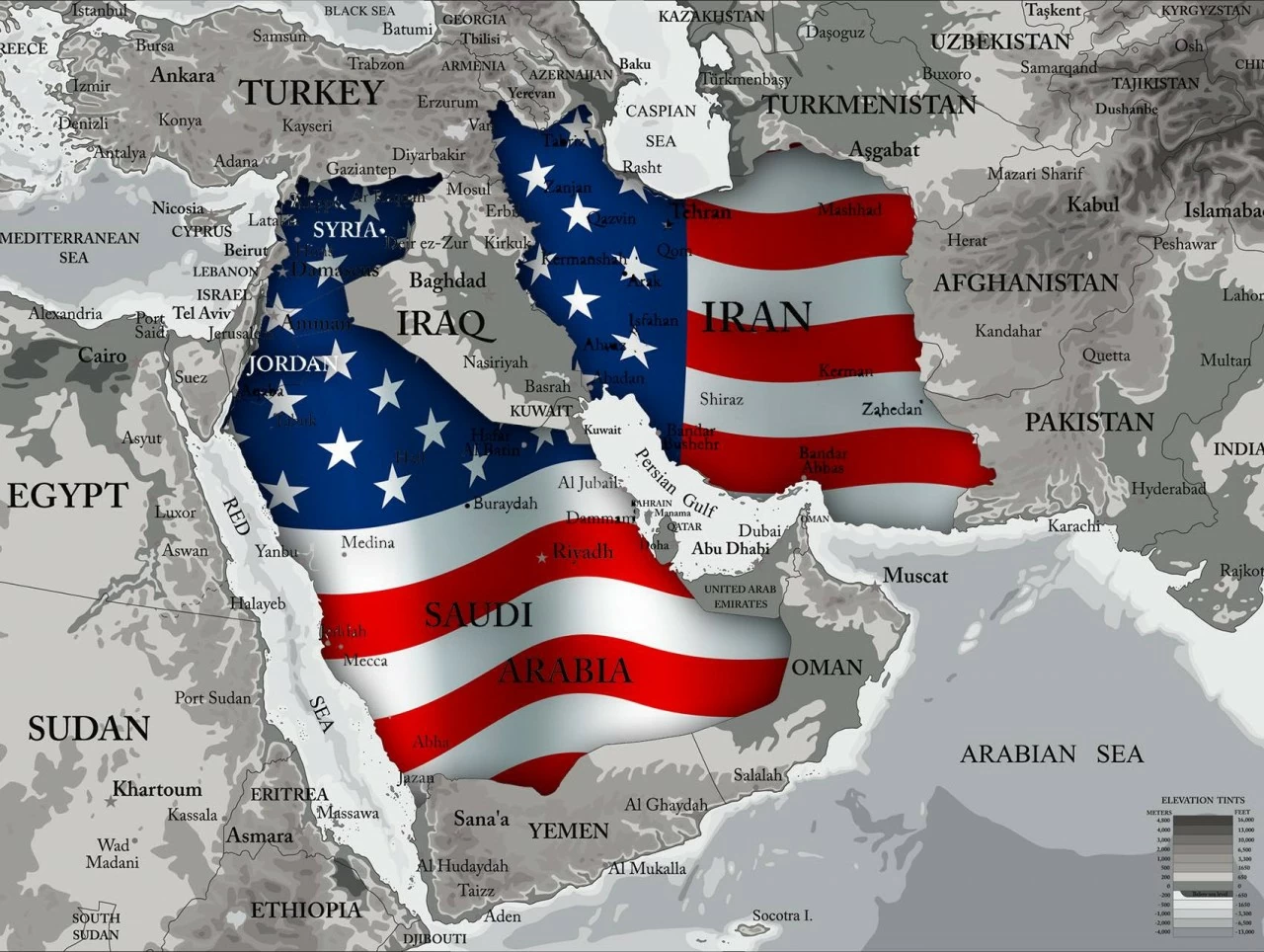 |
| The outcome of the race for the White House will have a strong impact on the Middle East region. (Source: Hoover Institution) |
That is the assessment in the latest report of the Center for Strategic and International Studies (CSIS) - an independent policy research institute based in Washington DC on the future of US-Middle East relations after the race to hold the most powerful seat in the world on November 5.
Unsolved problem
According to CSIS, the new US President, whether Kamala Harris or Donald Trump wins, will face a strong wave of calls to end the conflict. Middle Eastern countries have become accustomed to being at the center of US strategies, some even see it as a right for their countries.
After fighting in Gaza erupted more than a year ago, strong US diplomacy has temporarily eased criticism that Washington is abandoning the region. However, Middle Eastern countries still face political instability as the upcoming presidential election will change the direction of foreign policy.
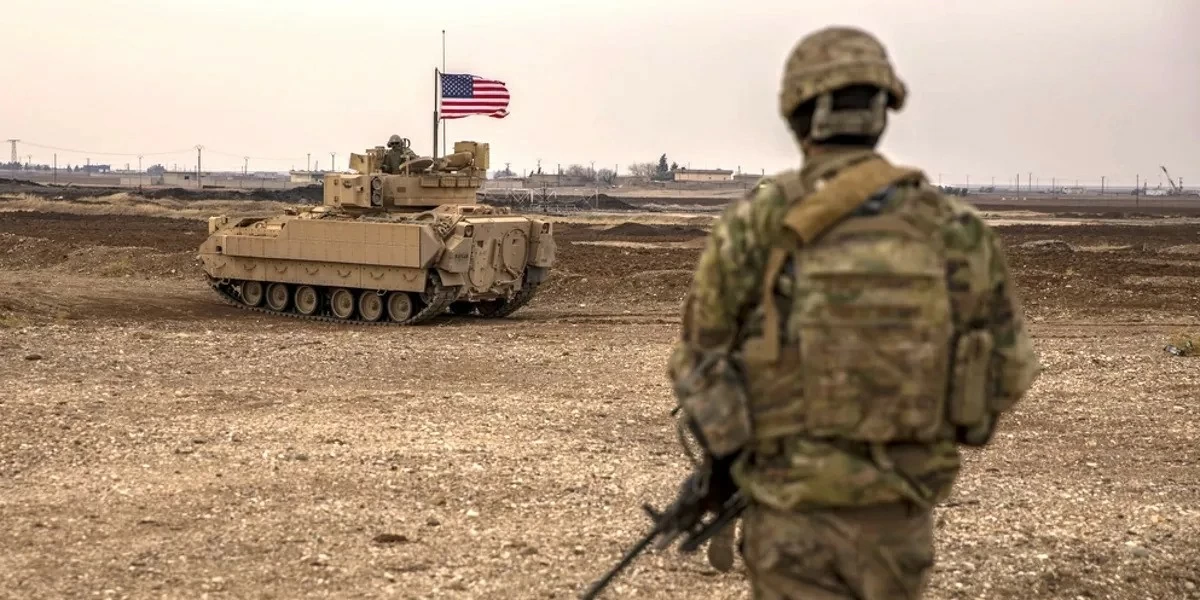 |
| After the Gaza conflict erupted more than a year ago, US involvement has temporarily calmed criticism that Washington is abandoning the region. (Source: Responsible Statecraft) |
In addition, the two presidential candidates have profound differences in worldviews, so their Middle East policies will also differ, especially on issues related to Iran, the conflict in the Gaza Strip and US relations with Gulf countries - countries that are seeking to promote security and autonomy. In fact, the path Washington will take starting in January 2025 is still unknown.
CSIS said the new administration will need to set its approach to Iran in the first weeks of its term. Since the US abandoned the nuclear deal with Iran in 2018, Tehran's policy has become more challenging on many fronts.
In addition, Iran's nuclear ambitions continue to grow; forces believed to be backed by Tehran, including Hamas, Houthi in Yemen, Hezbollah in Lebanon and some militant groups in Iraq, have increased their activities against Washington's allies and interests in the region.
Those close to the Trump administration had hoped to serve in a second term for the former president, and saw Iran as the key to all of America’s challenges in the Middle East. Many strongly advocated enforcing sanctions on Iran, responding to the actions of its proxies and being prepared to use force against Tehran and its interests in the region.
But critics of the approach say Trump's policy has disintegrated an international coalition that has been trying to shape Iran's behavior, freeing Tehran from nuclear constraints, leaving it far more dangerous than it was before, according to CSIS .
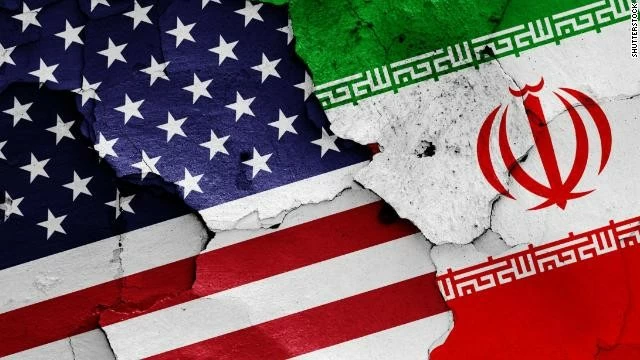 |
| People close to the administration of former President Donald Trump believe that Iran is the main bottleneck for all of America's challenges in the Middle East. (Source: CNN) |
Although Iran’s new president, Masoud Pezeshkian, has declared his intention to detente with the West, the next US administration will have few viable options. It remains unclear whether Pezeshkian will be able to change the direction of Iran’s policy on nuclear issues and its regional proxies. Armed groups affiliated with the Islamic Revolutionary Guard Corps say the US and its allies are determined to overthrow the Islamic Republic of Iran.
In addition, even Iranians who favor cooperation with the West will view Washington’s proposals with more skepticism. Iranians are unhappy that they have not yet received the promised benefits of the Obama-era nuclear deal. Tehran also recognizes that any new US president could withdraw from the deal, as the Trump administration did in 2018. CSIS notes that growing competition among major powers also makes restoring an international coalition to contain Iran’s nuclear proliferation much more difficult.
Test of strategy
The CSIS report points out that in recent years, Iran has no longer prioritized building better relations with the US, instead focusing on reducing tensions with Gulf countries and increasing cooperation with Asian countries. Moreover, since the conflict in Ukraine broke out, Russia and Iran have become increasingly aligned strategically.
However, observers say that while Iran’s regional prospects are gradually brightening, the situation at home does not seem so optimistic. A weakening economy , a growing discontent among the younger generation, and an 85-year-old supreme leader with no clear successor, mean that Iran’s future is uncertain, regardless of US policy.
The conflict in Gaza remains tense, and the path to reconciliation is increasingly uncertain. While the Israeli government continues to oppose a ceasefire with Hamas until it is “destroyed,” Arab states insist that they will only participate in the reconciliation process once a Palestinian state is established. However, most Israeli Jews believe that a Palestinian state cannot exist, fearing that it would lead to a government intent on destroying Israel.
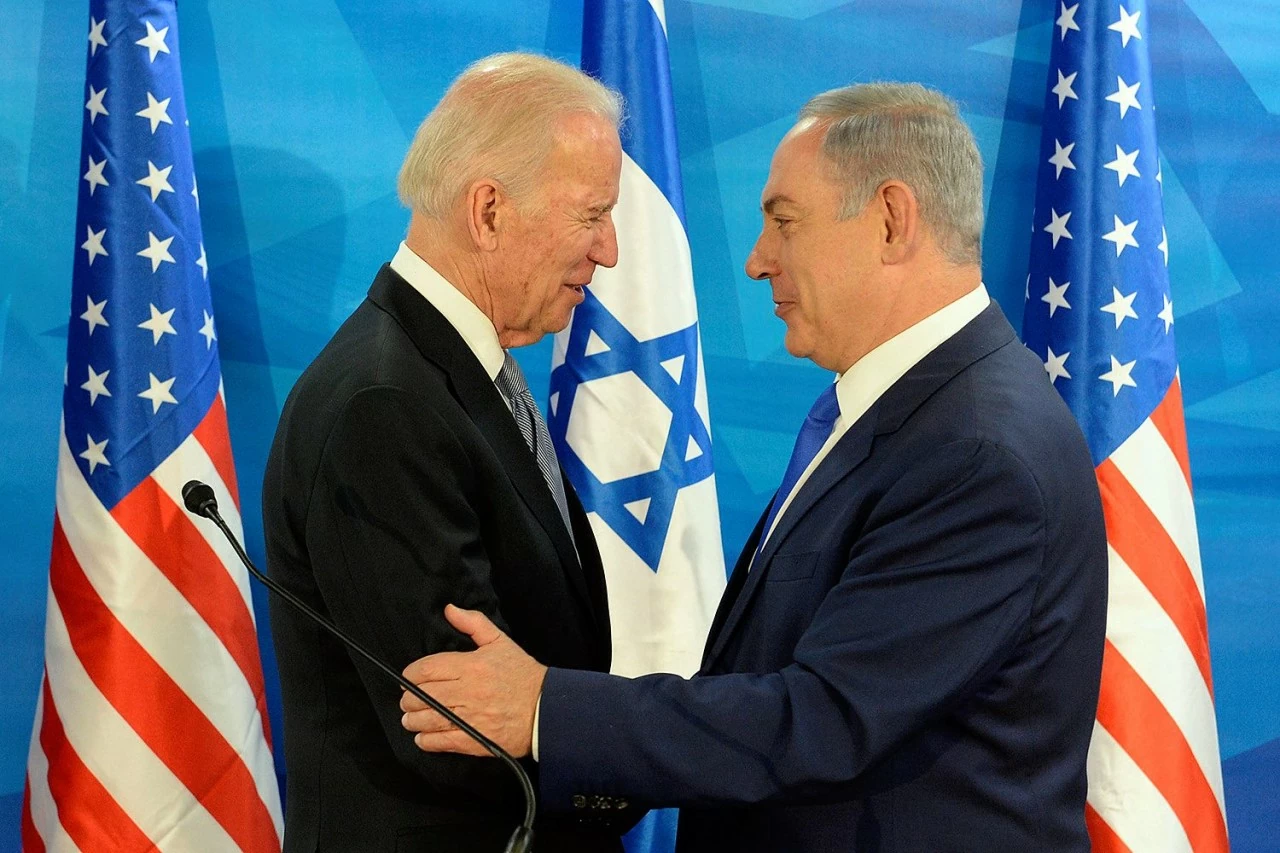 |
| Although incumbent President Joe Biden has some influence on Israel's policy, he is under pressure from many sides. (Source: Middle East Policy Council) |
According to CSIS, since the events of October 7, 2023, President Joe Biden has always warmly welcomed Prime Minister Benjamin Netanyahu in an attempt to influence Israel's decision, but it seems to have been ineffective. Mr. Netanyahu has repeatedly rejected Mr. Biden's offers, both politically and strategically. Although the incumbent President Biden has a certain influence on Israel's policy, he is under pressure from both sides: Some people criticize Mr. Biden for supporting Israel's campaign that has resulted in tens of thousands of casualties, while others blame the US for restraining an ally fighting terrorism.
Many believe that Prime Minister Netanyahu is biding his time and hoping that Donald Trump’s new term as President will put less pressure on Israel to give in to Palestinian national aspirations. However, it would be a risky gamble for Netanyahu to rely solely on Trump to prolong the conflict, as the former US President had previously had tensions with him.
Meanwhile, the Kamala Harris administration will likely inherit and follow Mr. Biden's general policy line, even though it may not be as strongly supportive of Israel as the current President is.
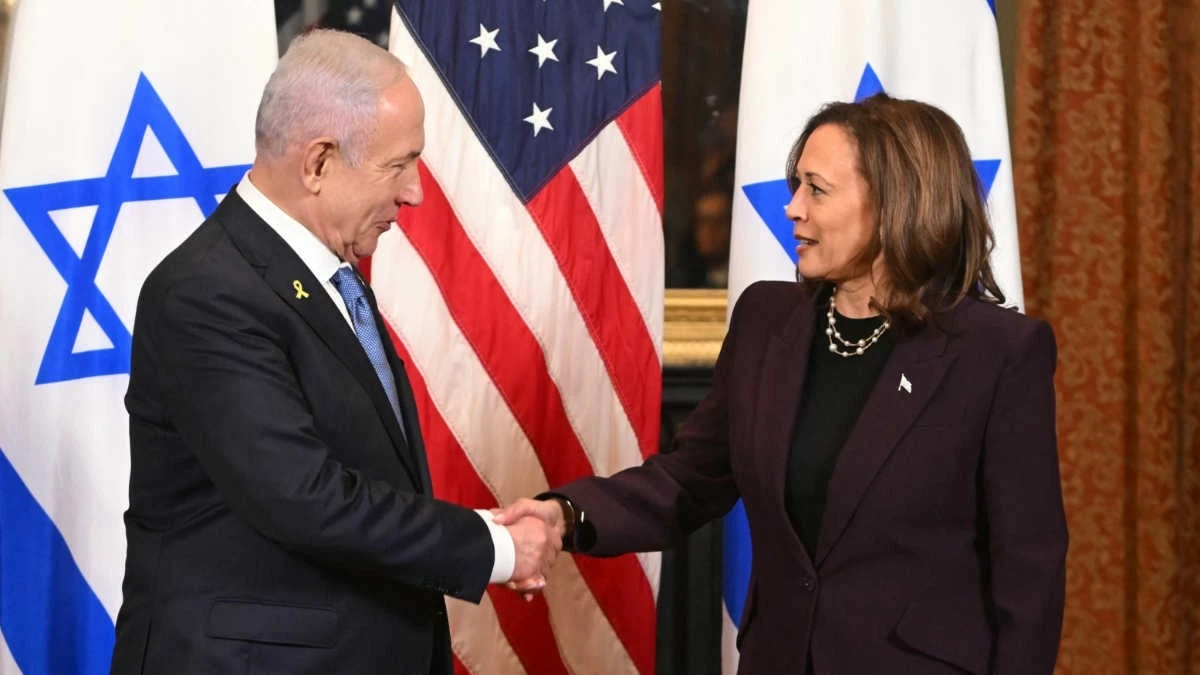 |
| An administration led by Vice President Kamala Harris would reflect the polarization within the Democratic Party over the Gaza conflict. (Source: AFP) |
CSIS asserts that a Vice President Harris administration would reflect the polarization of the Democratic Party. Many minority voters sympathize with the Palestinians, and most young voters do not see Israel as a weakling. While a Harris administration would be unlikely to change the direction of US policy, it would soften the tone. Now, the core issue between Washington and the Middle East is this: The outcome of this race is vital for both the Israelis and the Palestinians. The new US president will face a lot of pressure to end the conflict, but the fighting situation does not seem to be optimistic.
In addition, the Gulf states have been closely tied to the United States for half a century, since Britain withdrew after more than a century of regional dominance. In a world powered by oil, these countries were important allies of the United States during the Cold War and are customers of billions of dollars in military equipment each year. While actively promoting economic diversification and energy transition, these countries also seek security guarantees from Washington in parallel with strategic autonomy. Therefore, CSIS believes that the Gulf states do not feel conflicted in pursuing mutual defense agreements with the United States while strengthening technological, defense, and economic ties with China and Russia.
The Turn of the Relationship
CSIS emphasizes that for the United States, whose defense strategy increasingly revolves around great power competition, Washington sees itself as the creator and protector of the rules-based order. The United States has invested trillions of dollars in energy security, benefiting Gulf energy producers as well as global consumers. However, for Gulf states that are skeptical of America’s commitment, it is necessary to maintain close relations with all sides.
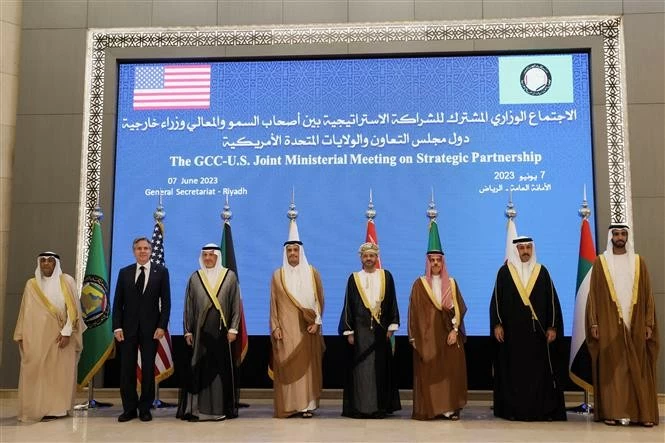 |
| US Secretary of State Antony Blinken (2nd left) and Gulf Cooperation Council (GCC) foreign ministers at a meeting in Riyadh, Saudi Arabia, June 7, 2023. (Source: AFP) |
Specifically, the United Arab Emirates (UAE) helped negotiate the exchange of Russian and Ukrainian prisoners, Qatar mediated between the US and the Taliban and Hamas. However, Washington has raised alarm when it saw China start building a military base in the UAE, Russia pouring capital into Dubai and Saudi Arabia opening up to Beijing's investment in the fields of semiconductors, artificial intelligence and surveillance equipment.
According to CSIS, although the Gulf States are not a "card" in the US's regional strategy, Washington should seek to further tighten relations, attracting these countries to efforts on Iran and Gaza. Former President Trump has repeatedly criticized US military intervention in the Middle East and called for Washington to "dominate in energy", a move that is likely to weaken the Gulf States' efforts to regulate the market. In addition, these countries are also increasingly cautious about US military actions against Iran, fearing retaliation from Tehran.
Like many other countries, Middle Eastern governments have long been accustomed to the US president having a strong influence on their security, but not having the power to influence who holds the seat of power. In the Middle East, in particular, US presidents are often unpopular. Above all, all Middle Eastern leaders believe they will outlast whoever wins the US race in November. In addition, the CSIS report shows that the American public is increasingly skeptical of Washington’s involvement in the Middle East. Regardless of the election result, difficult decisions will always await the new president and governments in this oil-rich region.
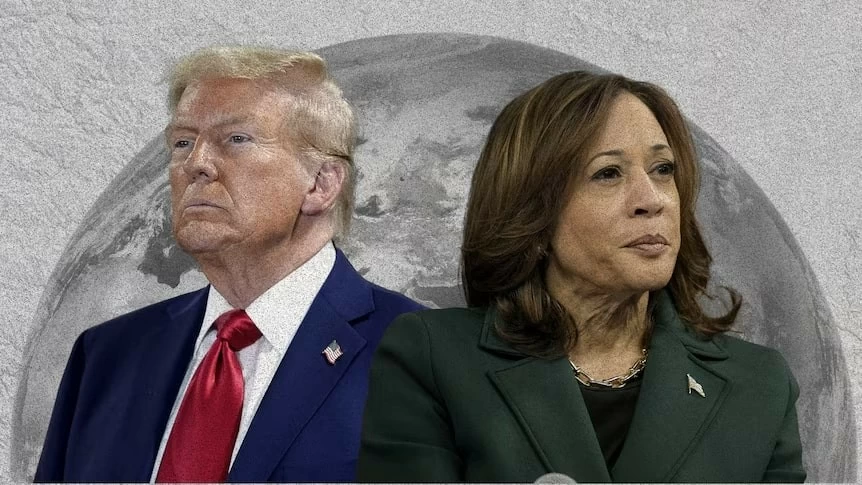 |
| Regardless of the election results, difficult decisions will always await the new US President and the governments of Middle Eastern countries. (Source: ABC) |
In short, the Middle East will continue to be a complex problem for any US administration in the coming time. The increasingly diverse regional context, the complex relationships between the Gulf countries, the presence of powers such as China and Russia, are posing great challenges to US security policies. For Middle Eastern leaders, with long-term thinking and steadfastness in the face of political fluctuations in Washington, maintaining autonomy and strengthening regional position are important priorities.
In addition, the new President's administration will face many difficult decisions when weighing traditional ties with Middle Eastern allies against the constantly changing international environment. Regardless of who wins the White House race, the issue of security, influence and cooperation in the Middle East will still be a test of Washington's mettle and strategic vision in an increasingly polarized world.
Source: https://baoquocte.vn/quan-he-voi-trung-dong-nut-that-chien-luoc-cho-tan-tong-thong-my-292558.html







![[Photo] "Ship graveyard" on Xuan Dai Bay](https://vphoto.vietnam.vn/thumb/1200x675/vietnam/resource/IMAGE/2025/11/08/1762577162805_ndo_br_tb5-jpg.webp)


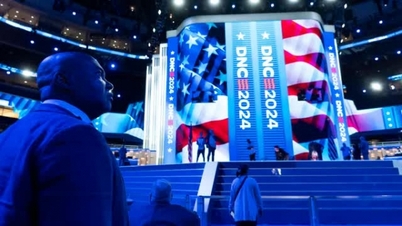
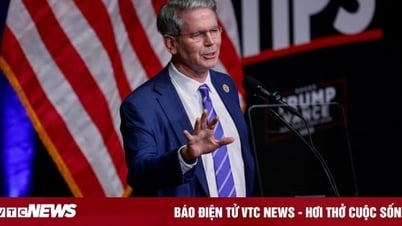

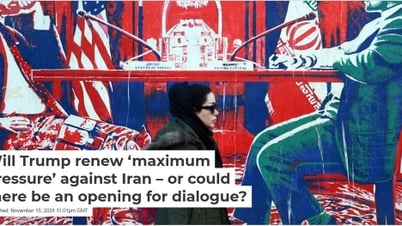
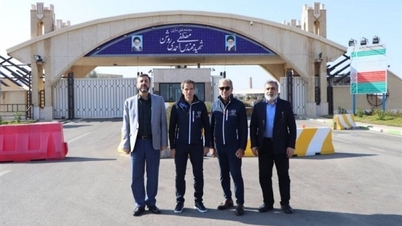
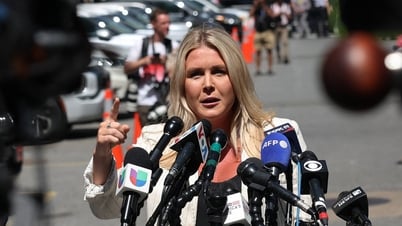




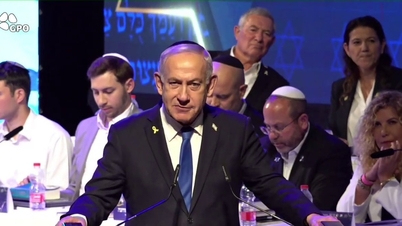
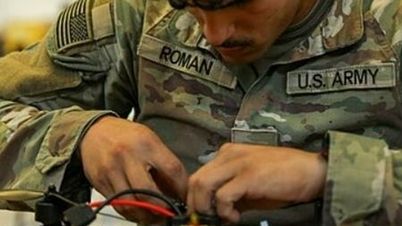
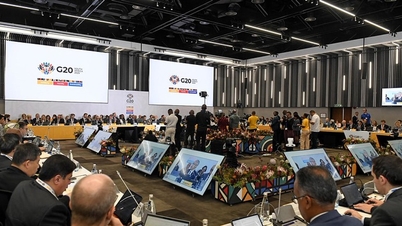







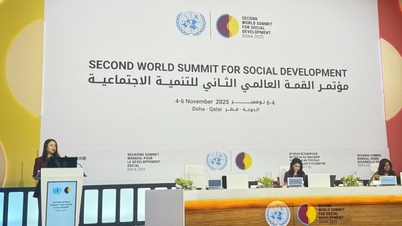






![[Video] Hue Monuments reopen to welcome visitors](https://vphoto.vietnam.vn/thumb/402x226/vietnam/resource/IMAGE/2025/11/05/1762301089171_dung01-05-43-09still013-jpg.webp)





































































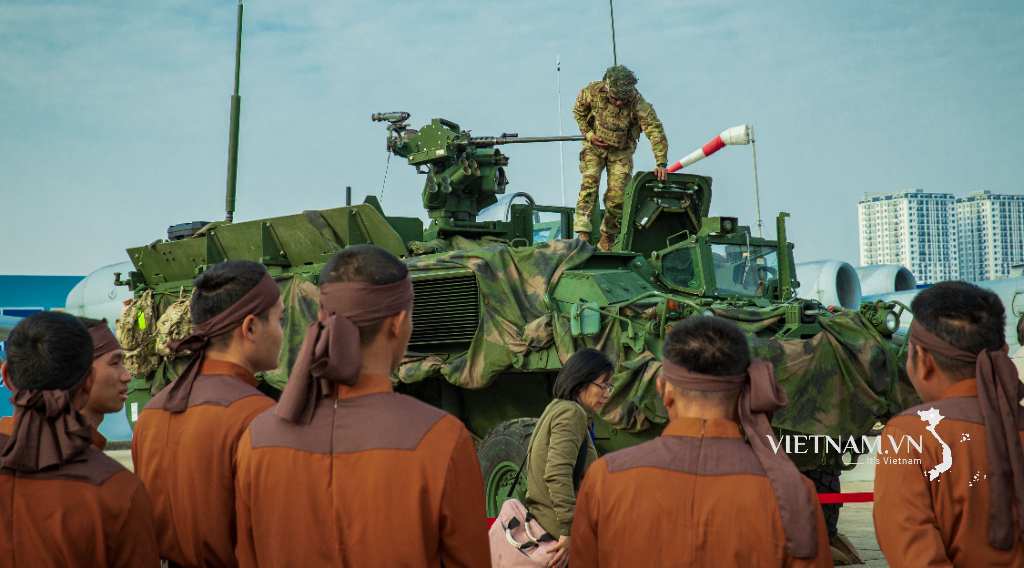



Comment (0)